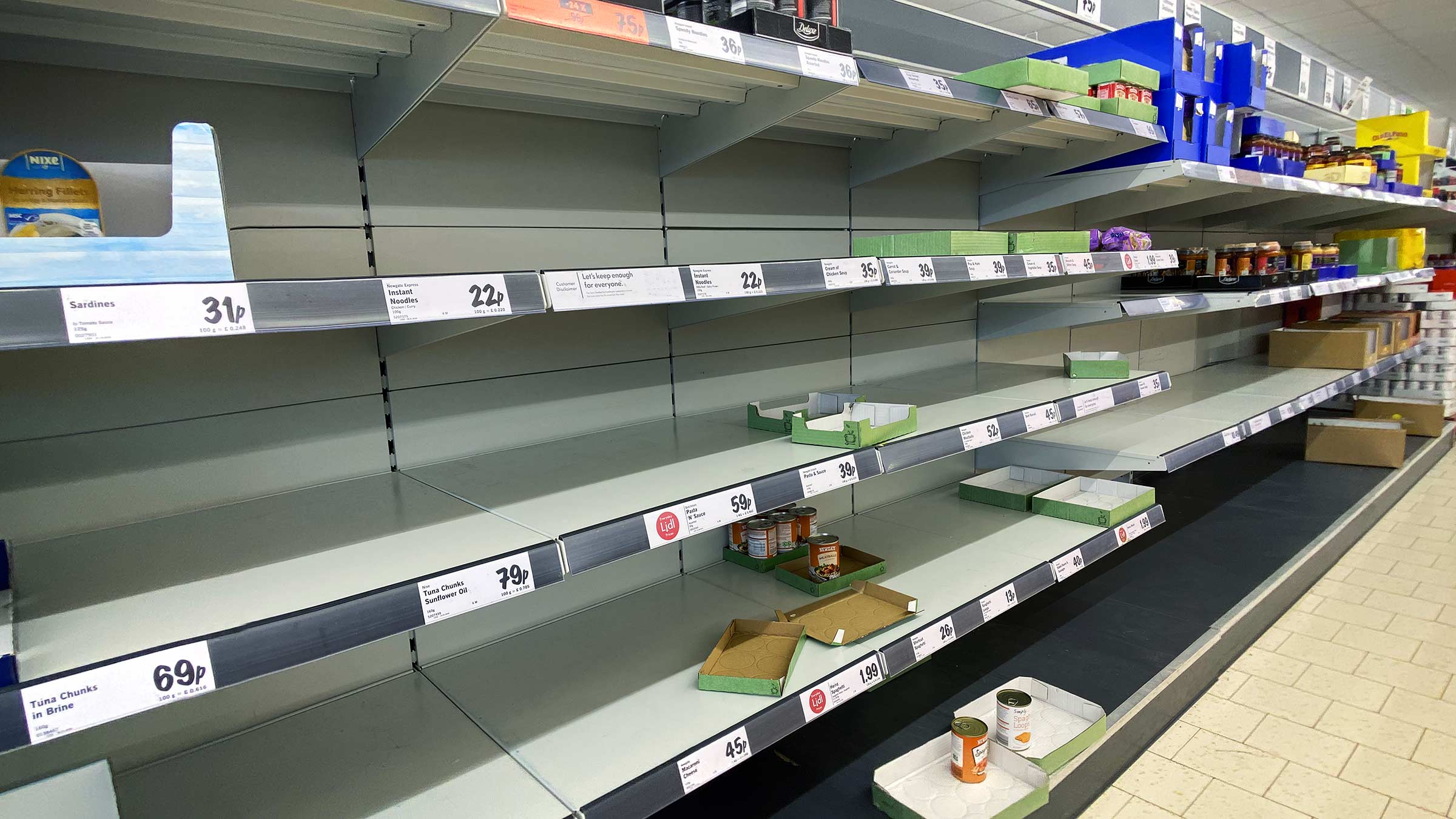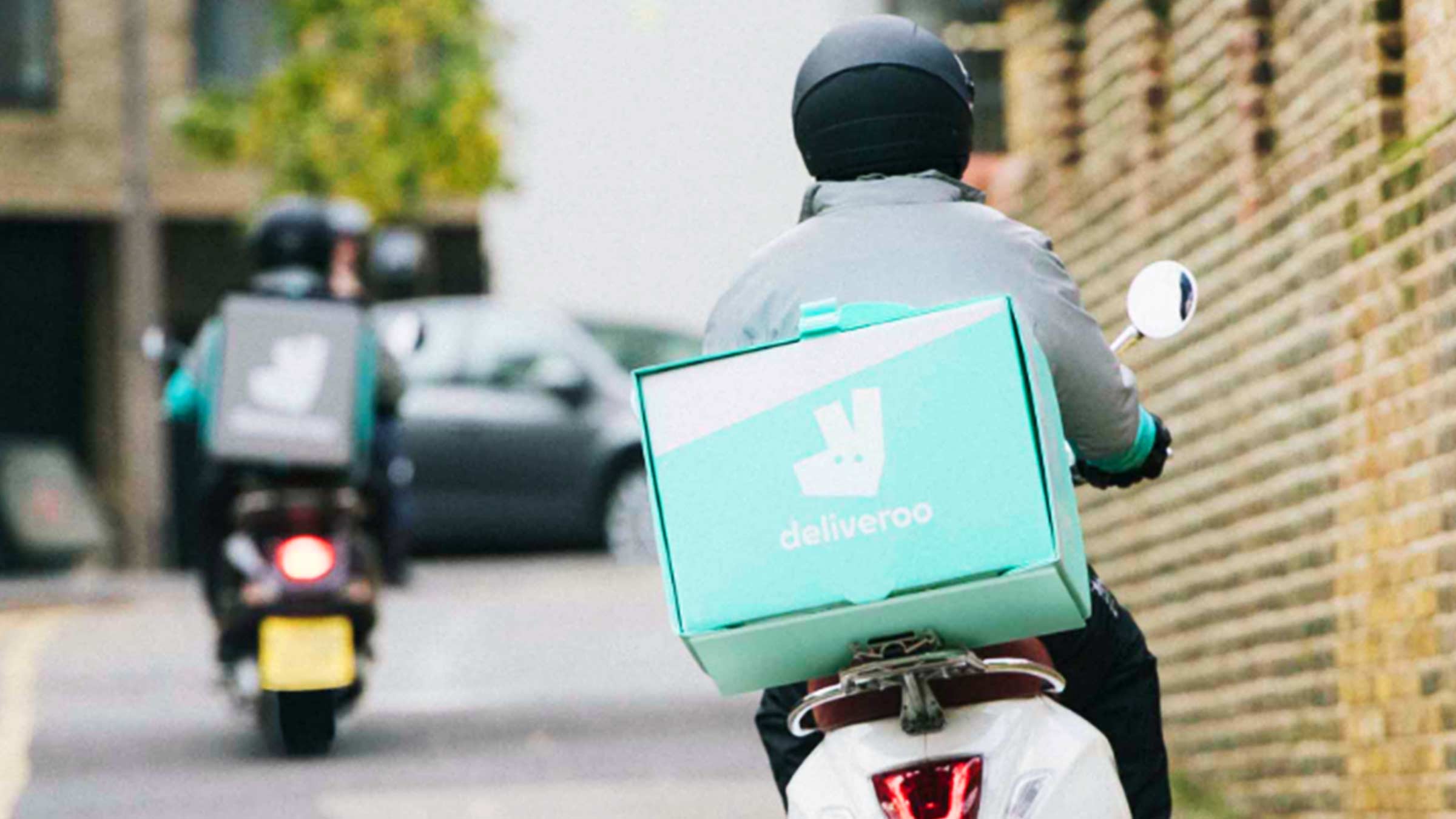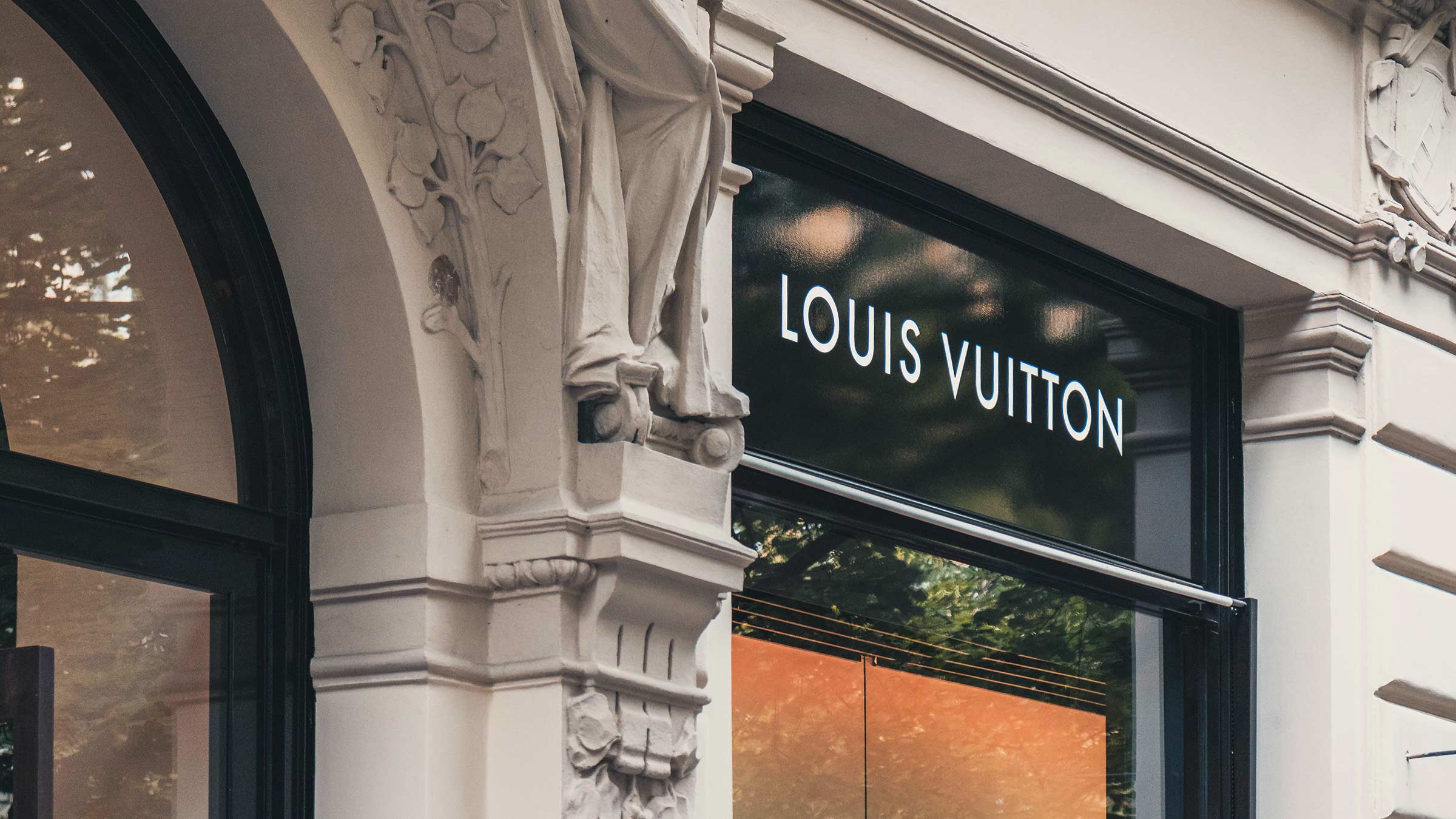What a week! Our world, at least temporarily, is almost unrecognisable. As individuals, families, communities and businesses we are being tested in ways we haven’t seen for generations. Our consumer sectors are under the most incredible pressure: food retailers and suppliers working around the clock to feed the nation; travel, leisure and hospitality companies decimated as they moth-ball huge parts of their businesses and digital direct-to-consumer scale-ups overwhelmed with demand. The challenges we all face are unprecedented – and deeply, deeply worrying. The waters ahead are most certainly unchartered.
But against this immensely difficult backdrop, we can be extremely proud to see companies in our consumer sectors demonstrating a truly inspiring level of humanity, agility and strength. From introducing new services to adapting core business propositions, consumer businesses have not only found creative solutions to their challenges, but have displayed an incredible level of compassion and understanding in the face of a global crisis.
As customers prepare for the unknown, supermarkets across the globe have experienced surges in demand, and in many cases this has led to empty shelves and ransacked stores. Despite this disruption, retailers have responded admirably and charitably, taking on an unexpectedly vital role in the battle against the outbreak. For example, each one of the ‘big four’ supermarkets in the UK – Tesco, Sainsbury’s, Asda and Morrisons – has this week unveiled a raft of measures to protect its customers and discourage panic buying. Using learnings from the US and Europe, the grocers have made special arrangements to their trading hours to make sure that elderly customers, and those who fall into the ‘vulnerable person’ category, are able to shop safely and securely. Moreover, almost all have limited the sale of certain products such as hand sanitiser, long-life UHT milk and toilet roll, to discourage customers from buying more than they need. Similar measures have been rolled out at M&S, Iceland, Aldi and Lidl. Morrisons has also introduced a phone ordering service, for people who can no longer visit stores but don’t normally shop online.

Retail businesses have also displayed an impressive level of flexibility in their operations. Asda, for example, has closed every one of its in-store counters, cafes and concession stands in order to pour more resources into its ecommerce proposition. M&S this week also announced plans to move colleagues from its Clothing & Home division to its Food unit to support demand.
Morrisons has been particularly inspiring this week, paying particular attention to its supply chain and colleagues. Earlier this week, the grocer became the first major supermarket to pay its small suppliers with immediate effect. As part of the move, Morrisons reclassified what it means by ‘small supplier’ to include businesses who trade under £1m of goods or services with Morrisons annually. As a result, an extra 1,000 small food businesses will have cash injections under the new terms. Additionally, Morrisons has introduced a ‘hardship fund’ for its colleagues who have found themselves in financial difficulty because of the virus, and has also announced that staff who are sick with coronavirus will receive sick pay whether or not they would normally be eligible.
Perhaps even greater than the individual initiatives themselves is the level of collaboration emerging amongst the grocers. When the leading supermarkets jointly penned a letter to consumers last Sunday urging against stockpiling, it served as a symbol of unity and set the tone for the week to come. Just a fortnight after a furious price-match battle which saw Morrisons, Aldi and Tesco slash their prices in a bid for share of wallet, it has been bolstering to see retailers set aside their competitive differences and commit to working together. This collaboration across sectors, guided by trade bodies such as The BRC and IGD – will only deepen in the coming days as competition laws are relaxed and businesses can start to share data, and even colleagues. Indeed, speaking on the BBC Radio 4’s Today programme on Wednesday, Boots’ Chief Executive Sebastian James echoed this point, asserting that “we are all in this together.”

Retailers are not the only ones changing their businesses to address the current crisis. Food delivery companies such as Deliveroo, Just Eat and Uber Eats have been quick to adapt. Last week, Deliveroo’s introduction of ‘no-contact drop off’ for customers in self-isolation set the precedent for its rivals, which rapidly adopted similar approaches. It was also announced this week that takeaway firms are in talks with the UK government about providing services to elderly and vulnerable citizens forced to stay indoors. These discussions are likely to include how to bring delivery food to those who don’t have a smartphone, or who are unable to use apps easily.
In hospitality, Costa and McDonald’s are encouraging social distancing by offering takeaway and delivery-only, removing all seating from their sites. Other restaurants chains, like Byron, took the decision early to close their restaurants and switch to delivery only.
Indeed, particularly after yesterday evening’s announcement that pubs, restaurants, cinemas and clubs are to close, there is significant pressure on the hospitality, travel and leisure sectors. And, even with the proposed government intervention, employees in the sector are still under threat. I have been hugely inspired to see the industry, under the auspices of collaboration platforms like WiHTL, work around the clock to redeploy significant numbers of employees to both the food (retail and supply chain) and healthcare sectors that need additional staff. Ensuring their people find new jobs – either on a permanent or temporary basis – has become a top priority.
Likewise, consumer goods companies are tearing up the rule book to see how they can help. The French beauty giant LVMH, for example, announced plans last weekend to start producing hand sanitiser at three of its perfume and cosmetics factories. The Louis Vuitton and Christian Dior owner plans to distribute these vital products to the French healthcare services free of charge. On Thursday, the Scottish brewer BrewDog revealed the same plans to donate its new ‘Punk Sanitiser’ to whichever UK organisations needed it most.
Beyond hand sanitiser, businesses have also stepped up to offer manufacturing services for other key items. Inditex, the world’s largest fashion retailer and owner of the Zara chain, has made its factories and logistics team available to the Spanish government to produce and donate masks and hospital robes to patients and medical workers. Similarly, Best Western UK has said it is open to offering up any empty hotels to the NHS to serve as makeshift hospitals, converting their UK supply of 15,000 bedrooms into wards. As its CEO, Rob Paterson, says: “we are in unprecedented territory so we would be willing to take unprecedented steps to support the national effort”.
These sorts of measures – the list goes on and on – are a testament to the agility and dedication of the companies in our sector. Whatever your views on government’s responses to the COVID-19 outbreak, we can all be proud of how consumer facing industries have stepped up and displayed a fierce determination to serve the nation and protect its people.
I have spent the week talking with CEOs and HRDs across our sectors – and could not be more inspired by their resilience and dedication in these most difficult of times. As leaders, they are being challenged like never before – yet their commitment to ‘doing the right thing’ for their colleagues, community and nation makes me hugely proud to be a part of this sector.
At this crucial juncture, it is important that we don’t confuse social distancing with complete social isolation. It is more important than ever that we come together as consumer industries, using the technology we have at our disposal, to address the common issues and challenges we’re all facing. In times such as this, our consumer community can shine and be a beacon of hope and empathy. For that, we need to share and communicate more than ever. The entire team at The MBS Group is at your disposal to make any introductions or connections between consumer sectors that you would find useful – email me at elliott@thembsgroup.co.uk if we can help you in any way.
This week, much of Asia has begun to emerge from its lockdown. While people are still wearing masks and using hand sanitiser, they are also going to restaurants, taking taxis and visiting the shops. Indeed, a new trend has emerged – “revenge shopping” – and Chanel handbags are flying off the shelves as customers make up for lost time. It is comforting to know that our sectors will, at some stage, return to a semblance of normality. When they do, I hope that we can learn from the agility and strength displayed this week, and bring these principles with us into the future.









